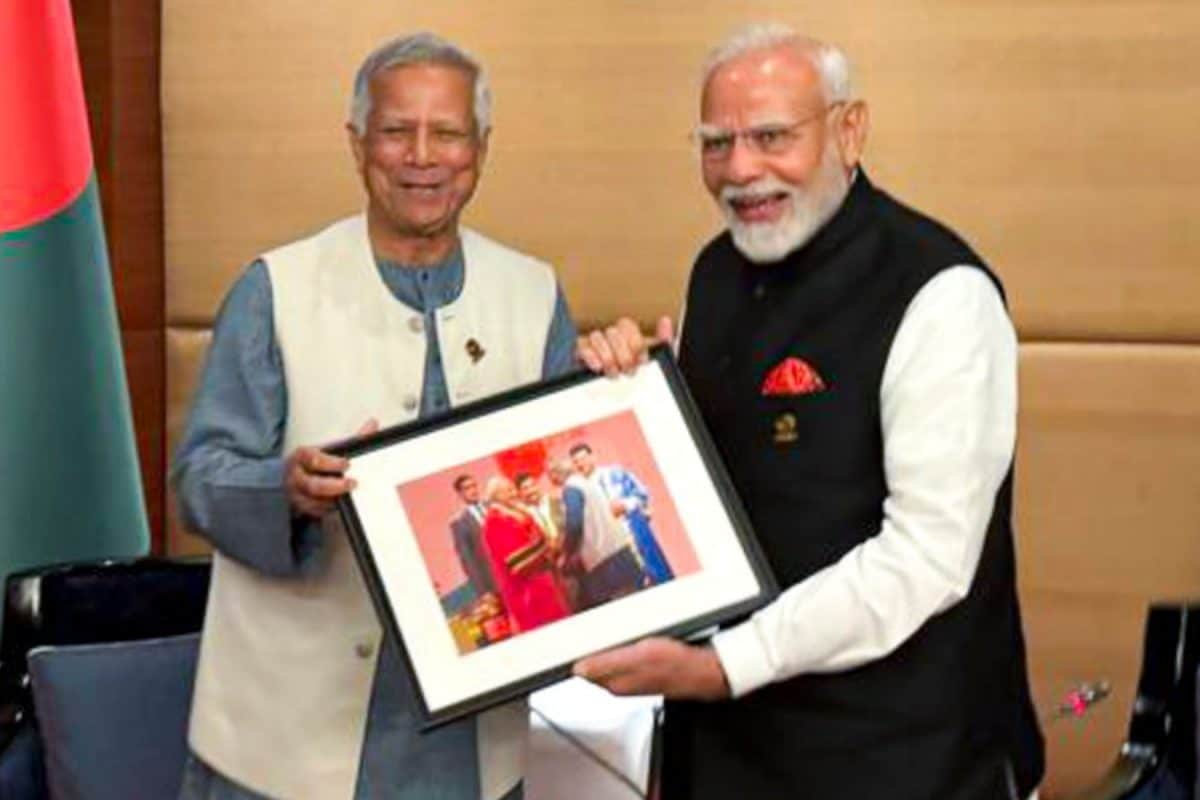

The friendship between India and Bangladesh, once hailed as a "model for bilateral relations," is facing a complex array of challenges that extend beyond typical diplomatic disagreements. While geopolitical shifts and internal political dynamics in both nations contribute significantly, the often-overlooked influence of environmental factors, specifically western disturbances, adds another layer of complexity to the relationship.
Western disturbances are extratropical storms originating in the Mediterranean region that bring vital rainfall and snowfall to northern India and neighboring regions, including Bangladesh. These weather systems are crucial for agriculture, water resources, and overall ecological balance. However, changes in their intensity and frequency, potentially linked to climate change, are creating ripple effects that exacerbate existing tensions between India and Bangladesh.
One of the most significant challenges in India-Bangladesh relations is water sharing, particularly concerning the Teesta River. The Teesta dispute has remained unresolved for years, with Bangladesh seeking a fairer distribution of the river's water. Erratic western disturbances, leading to reduced or unpredictable rainfall, further strain water resources, intensifying competition and mistrust. If the usual patterns of rainfall are disrupted, both nations face potential agricultural shortfalls, impacting food security and livelihoods. This scarcity can inflame existing grievances and make it more difficult to reach a mutually agreeable solution on water sharing.
Beyond water disputes, the broader impact of changing weather patterns affects economic stability and cross-border migration. Agriculture is a significant sector in both countries, and its vulnerability to climate change-induced erratic weather can lead to economic hardship, particularly for rural communities. Increased economic distress can drive cross-border migration, an already sensitive issue. India has concerns about undocumented migration from Bangladesh, particularly into states like Assam and West Bengal, which it views as a strain on resources and a potential source of social tension.
Furthermore, the decline in intensity of western disturbances and resulting droughts have broader economic consequences. Trade between India and Bangladesh, crucial for both economies, can be disrupted. Reduced agricultural output affects the supply chain, and extreme weather events can damage infrastructure, impeding the smooth flow of goods. This economic instability can fuel local unrest and discontent, indirectly impacting bilateral relations.
In addition to environmental factors, political shifts within Bangladesh are casting a shadow on the relationship. Following the resignation of former Prime Minister Sheikh Hasina in August 2024, and the establishment of an interim government, some uncertainty has arisen. Hasina's Awami League party had strong ties with India, and her departure has led to a recalibration of Bangladesh's foreign policy. The interim government appears more cautious in strengthening ties with India, and anti-India sentiment seems to be growing within Bangladesh. This shift is further complicated by China's increasing influence in Bangladesh, particularly in infrastructure and defense. India views this growing relationship with some concern, perceiving it as a potential dilution of its strategic space in the region.
To navigate these challenges, both India and Bangladesh need to adopt a multi-faceted approach. This includes strengthening dialogue at various levels to address contentious issues, promoting inclusivity to ensure the welfare of marginalized communities, and diversifying partnerships to avoid over-reliance on any single nation. Specifically on the environmental front, increased cooperation on water management, climate resilience, and disaster preparedness is crucial. This could involve joint research on the impact of climate change on water resources, sharing best practices in water conservation, and developing joint strategies to mitigate the effects of extreme weather events. Ultimately, addressing the complex interplay of environmental stress, political dynamics, and economic concerns is essential for maintaining a strong and stable India-Bangladesh relationship.